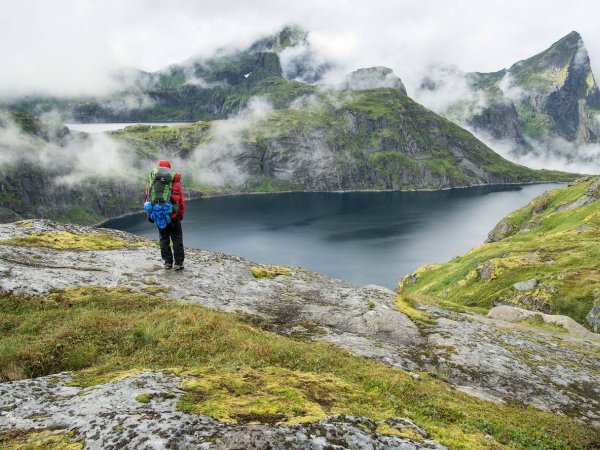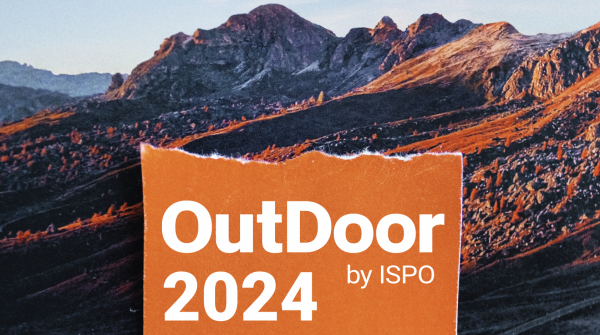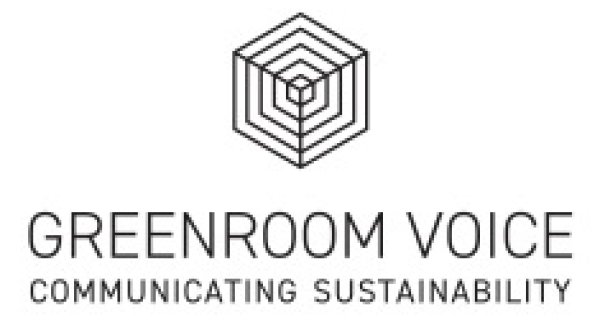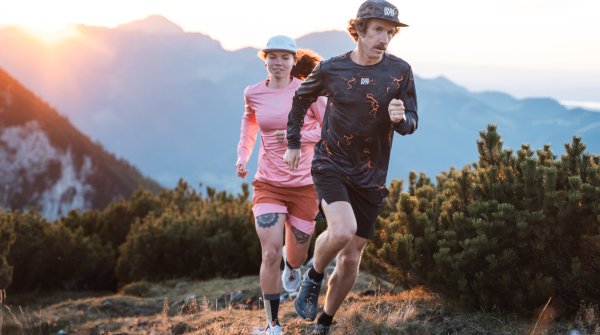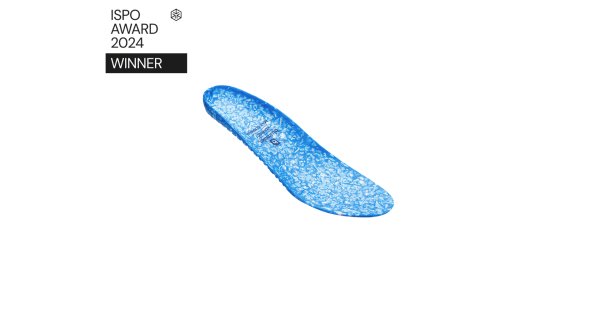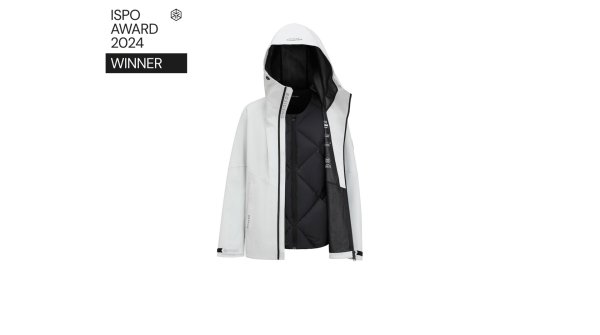One aspect of the solution lies in the EU Commission's proposal on "empowering the consumer." This proposal aims to foster a circular, clean, and green EU economy by equipping consumers to make informed purchasing decisions, thereby promoting more sustainable consumption. It also addresses unfair commercial practices that divert consumers from making sustainable choices. The other facet involves facilitating the transition through industry best practices, with the outdoor sector positioned to be a pioneer. This sector can offer solutions, leveraging its heritage of quality products and a commitment to repairability. However, transitioning from a linear to a circular model requires more than this — it necessitates advancements in transparency, communication, durability, and maintenance. Here are some examples and partners for progress:
The Sustainable Apparel Coalition (SAC) is a global multi-stakeholder alliance that connects over 280 organizations across 36 countries. It represents half of the global textile, apparel and footwear industry, united by a singular vision: create a healthier, more equitable world, both to the planet and its people. Their new strategic direction provides a framework for speed and scale, grounded in their value proposition. Being part of their global community means you can co-create solutions, tap into exclusive tools and insights, and benefit from programs that help you strategize effectively. This is where collective action comes alive. Tackling systemic challenges requires a committed community.

The EU Textile Strategy aims to achieve a circular and sustainable textile industry by 2030. One measure included is the Digital Product Passport (DPP) which requires to contain mandatory information regarding the sustainability aspects of the product. The Textile Labelling Regulation will also be reviewed and digital labels will be implemented in the future. With the convenient SmartTag technology, consumers can interact dynamically with a product via a QR-code, connecting them to more in-depth information about the quality of ingredients, company values, supply chains and so much more, with just a quick scan.
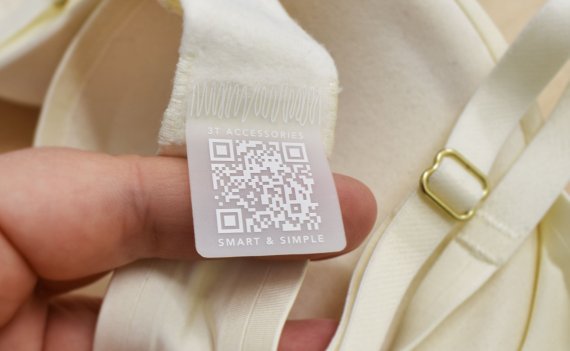
The "DPP" initiative is part of the Eco Design for Sustainable Product Regulation (ESPR) within the framework of the EU Circular Economy Action Plan (CEAP). By attaching a Xiphoo connector to an item, the product receives a digital product passport with all necessary B2C and B2B data throughout its entire lifecycle: transparency, sustainability, and on-product marketing become achievable. Together with their recycling partner Rittec, Xiphoo is the first digital product passport provider to digitally connect textiles made from PES materials with the recycler.
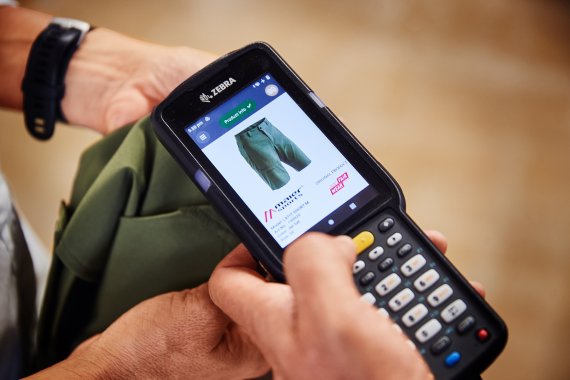
Down supply chains are complex, with many steps between an egg and the down used as insulation in outdoor products – making traceability key to ensuring animal welfare. Mountain Equipment’s Down Codex initiative, ensuring animal welfare and traceability through a 12-digit tracking code since 2011, makes them a leader for the industry – tackling environmental, ethical, and welfare concerns in their down supply chain. Mountain Equipment procures quality virgin down from audited suppliers, adhering to the Responsible Down Standard. Besides prioritizing animal welfare, the Down Cycle initiative for recycled down further reinforces their commitment to sustainability.

Suston is the leading international media platform for sustainability & outdoor. “Using solutions journalism, our mission is to guide, inspire and push the outdoor industry towards positive change”, says Gabriel Arthur, editor-in-chief. “Parts of the outdoor industry has taken many good steps the last decade, but there is still very much ahead. And the pace is still too slow. Sharing best practices and collaborating also with competitors is crucial. And to involve the larger outdoor community around us!” Gabriel Arthur is also CEO for the parent company of Suston, NORR Agency. “We help pioneering companies to reach out with their achievements and solutions and speed up the momentum.”
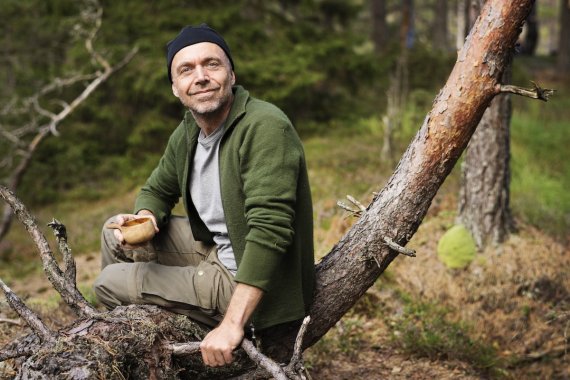
After introducing Material Facts tables for all Rab apparel and sleeping bags in Autumn/Winter 2023, Equip has now created tables for all Rab and Lowe Alpine packs and equipment. The scope of the data has also been expanded to include the percentage of renewable energy used in product manufacturing for A/W 2024. With Material Facts, Equip have launched a methodology to share a product’s sustainability credentials in an open and transparent way. The Material Facts tables put the data in consumers’ hands, helping to make informed choices by showing how their products are made, from which materials, and where. Equip are now encouraging others to join them in transparently sharing data the same way.
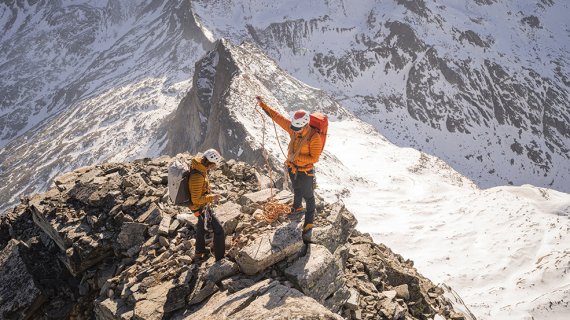
Circular economy is about more than just the right materials. The mission of Twice Commerce (former Rentle) is to empower sports and outdoor brands to start, run and grow profitable circular business models seamlessly. Rab introduced gear rentals with Twice to make outdoor gear more accessible to people who are new to outdoor activities, while also reducing environmental impact. The Twice platform supports any type of circular business from re-commerce to subscriptions or rentals, all under one’s own brand experience. Twice believes any product should be sold at least twice - it’s good for your bottom line and the planet!
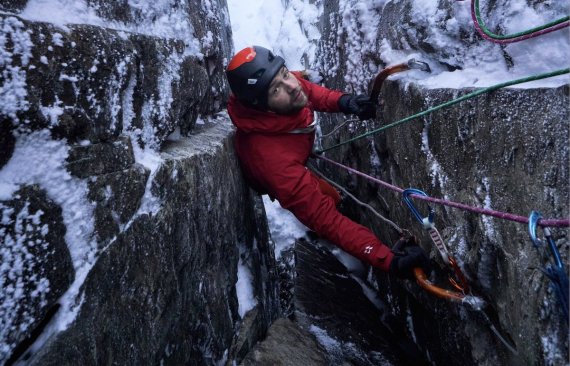
The patented Doubledeck technology prevents tilting and the risk of dangerous falls. Initiating turns is significantly simplified by the technology, requiring no additional effort. More importantly, under the program ‘Let to Rent’, all Doubledeck snowboards are available for rental under attractive terms. This allows individuals to use a snowboard throughout the winter season, then easily return it at the end of the rental period, have it refurbished and put back into circulation - complete with a new design. Moreover, discarded boards are recycled, with approximately 75 % of their components being reused, thanks to a dissolvable epoxy resin.

Can a service deal on outdoor products contribute to a change in consumer mindsets? Normally people think about repair when it may be too late and they already struggle to find out where and how to fix it. In 2022, Bergans launched a service deal together with Norwegian retailer Sport1, for the Bergans Rabot collection: when buying a product, three free services are included. These could be the repair of smaller tears, washing and re-impregnation, changing zippers, pullers or velcros or the restoration of loose seams or taping. The service deal is connected to the product, not to the customer, which creates value to the product, as the customer can sell it second-hand with service included.
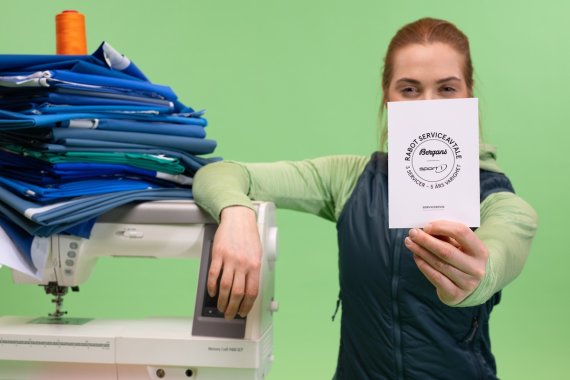
Durability has emerged as a vital element in sustainability and circularity dialogues. Creating lasting products is a powerful strategy to reduce the industry's environmental impact. Despite its significance, there's a lack of a formal definition and tools to measure both emotional and physical aspects of durability. With its scientific expertise in functional durability and state-of-the-art tech labs, Gore’s experts partnered with the Sports Tech Research Centre at Mid Sweden University. Together, they initiated a broad industry collaboration involving over 35 companies to pilot a durability measurement method for waterproof breathable jackets.
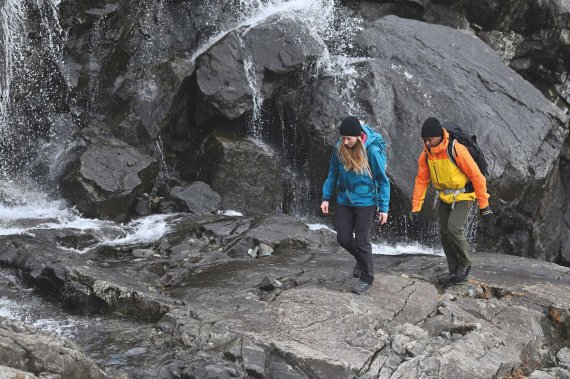
 SustainabilityWater management and outdoor brands
SustainabilityWater management and outdoor brands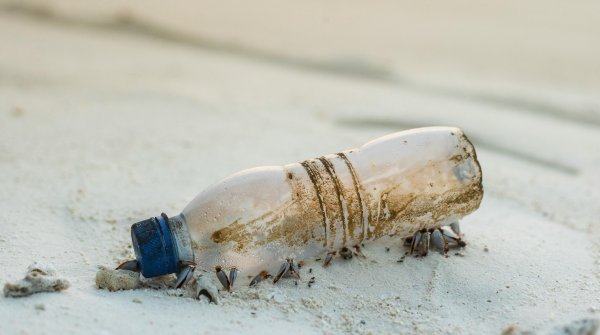 SustainabilityTrends in textile recycling: What comes after PET bottles?
SustainabilityTrends in textile recycling: What comes after PET bottles?
